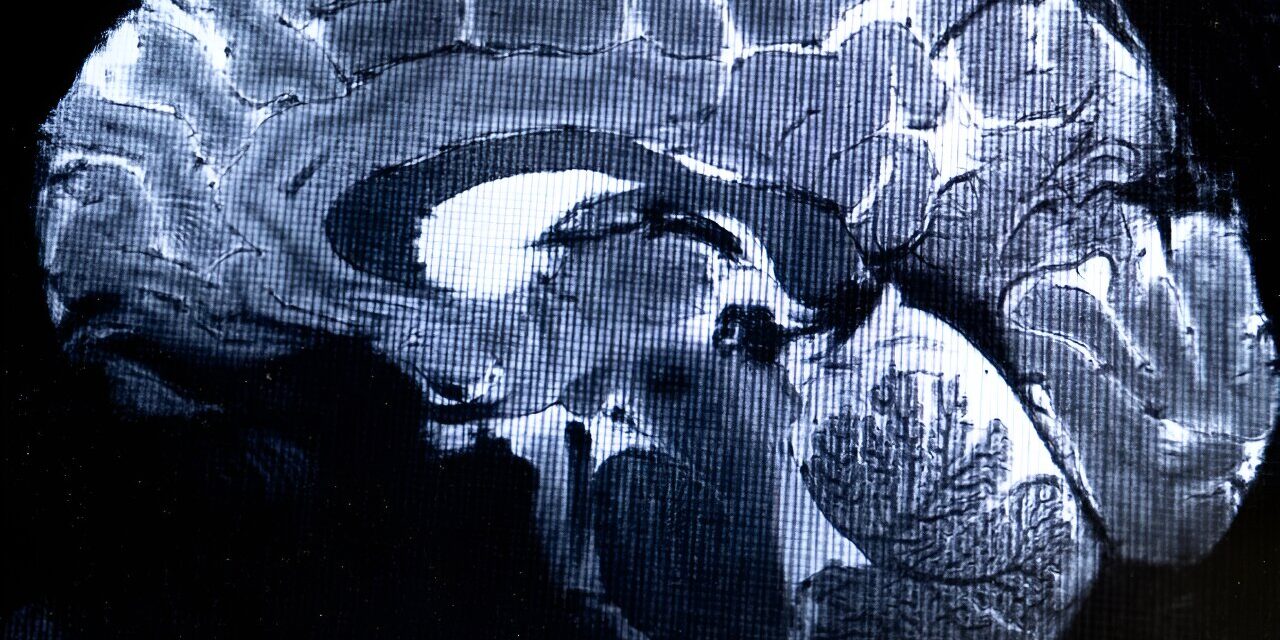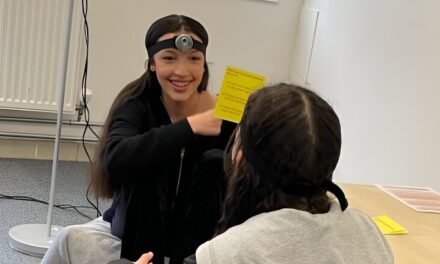In a monumental leap forward for neuroscience, the world’s most powerful MRI scanner has produced its inaugural images of the human brain, heralding a new era of precision in understanding the intricacies of our most enigmatic organ and the ailments that afflict it.
Developed by researchers at France’s Atomic Energy Commission (CEA), the groundbreaking machine, dubbed Iseult, made its debut scanning a pumpkin in 2021. Now, with the green light from health authorities, it has begun imaging human brains with unparalleled precision.
Over the past months, approximately 20 healthy volunteers have ventured into the confines of the MRI machine, located in the Plateau de Saclay area near Paris, marking a significant milestone in the field of brain imaging.
“We have witnessed a level of precision never before achieved at CEA,” remarked Alexandre Vignaud, a physicist involved in the project.
At the heart of Iseult lies a magnetic field of an astounding 11.7 teslas—a measurement unit named in honor of inventor Nikola Tesla. This immense power allows the scanner to capture images with tenfold more precision than conventional MRIs used in hospitals.
Vignaud illustrated the machine’s capabilities by comparing images from Iseult with those from a standard MRI, highlighting its ability to reveal intricate details previously invisible, such as tiny cerebral vessels and nuances of brain structures.
France’s research minister, Sylvie Retailleau, lauded the achievement, noting that “the precision is hardly believable,” and expressing optimism for its potential to advance brain disease detection and treatment.
Encased within a five-meter-long cylinder housing a 132-tonne magnet, Iseult boasts a 90-centimeter opening for human subjects. The machine is the culmination of two decades of collaboration between French and German engineers.
The primary objective of such a powerful scanner is to refine our understanding of brain anatomy and activity during specific tasks. By harnessing 11.7 teslas, Iseult aims to elucidate the relationship between brain structure and cognitive functions.
Nicolas Boulant, the project’s scientific director, explained, “We hope to better understand the brain’s structure and cognitive functions, such as reading or mental calculations.”
Researchers anticipate that Iseult’s capabilities will unlock insights into neurodegenerative diseases like Alzheimer’s and psychological conditions such as depression and schizophrenia. By scrutinizing the brain’s inner workings, they aim to diagnose and treat these conditions more effectively.
While the scanner is not intended for clinical use yet, the knowledge gained from it holds promise for future applications in hospitals. In the meantime, the quest to unravel the mysteries of the human brain continues, fueled by the groundbreaking capabilities of Iseult.
As a new cohort of volunteers prepares to undergo brain scans, the journey towards unlocking the secrets of the mind takes another momentous stride forward, guided by the relentless pursuit of scientific discovery.












